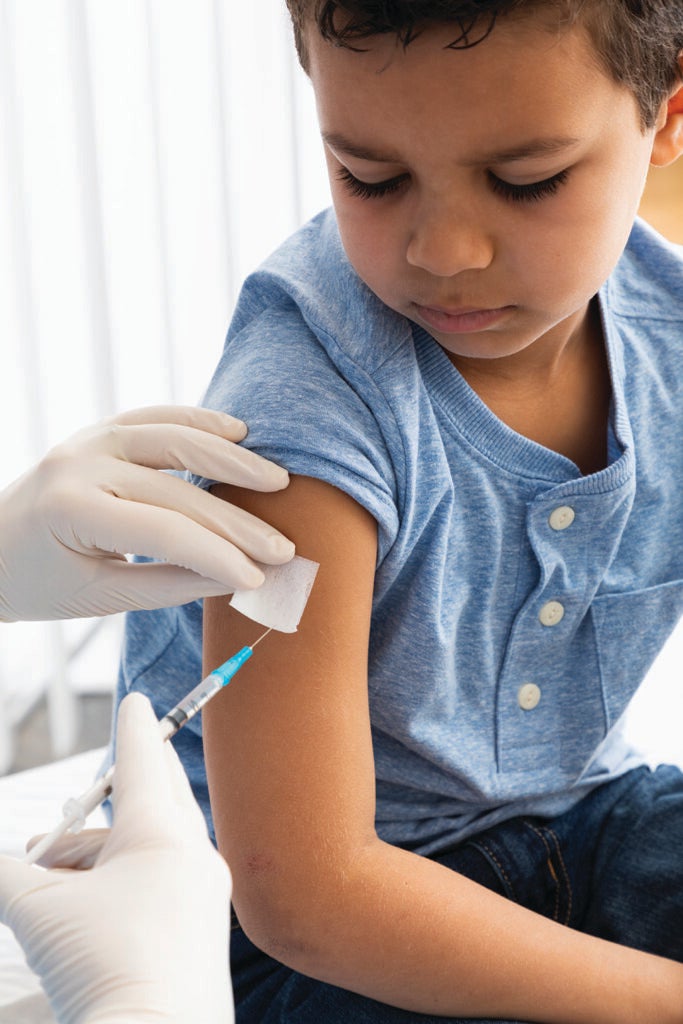Measles cases rising in US; Alabamians urged to vaccinate
Published 6:00 pm Monday, March 4, 2024
|
Getting your Trinity Audio player ready...
|
The Alabama Department of Public Health (ADPH) joins other health authorities in reminding parents to make sure their children are up to date with their measles vaccinations. Cases of this serious and highly contagious disease are rising in the United States and globally, including cases in adjacent states. Unvaccinated people have a 90 percent chance of becoming infected if exposed, and infected people can contract measles up to three weeks after exposure.
Measles is a serious viral respiratory illness that lives in the nose and throat of infected people. It spreads when people breathe in or have contact with virus-infected fluid and can pass through droplets sprayed into the air when someone with measles sneezes or coughs. Symptoms usually appear 7-14 days after being around a person with measles. Measles virus particles can remain in the air in a room for up to two hours.
ADPH Chief Medical Officer Dr. Karen Landers said, “One of the main messages we want to emphasize is that measles follows a pattern where the child first develops fever, cough, runny nose, and watery/red eyes, followed by the development of a classic appearing rash that starts as flat red spots on the face and spreads downward to the neck, trunk, arms, legs and feet. Persons can start spreading measles up to four days before rash onset, and those with weak immune systems can spread the measles virus longer.”
For most children, measles protection is part of the measles-mumps-rubella vaccine (MMR), or measles-mumps-rubella-
Parents should call a doctor immediately if they believe their child has measles or if their child has been around someone who has measles, especially if their child is an infant, has not received two doses of the measles vaccine, or is immunocompromised.
To learn more about the measles vaccines, go to https://www.






